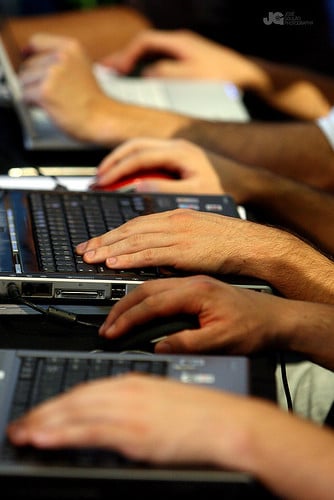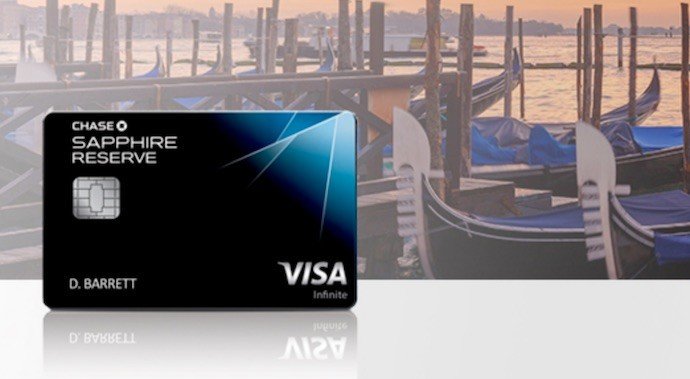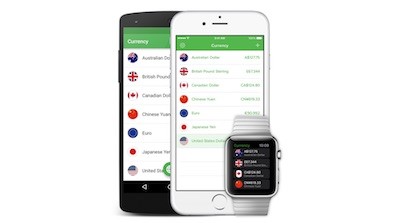 Booking flights, hotel reservations, and other travel arrangements online is generally a safe procedure. While most of the major booking websites, like Kayak and Orbitz take care to encrypt your credit card and other personal information when you book, there are a number of ways your credit card number can be misused after you click ‘Ok’.
Booking flights, hotel reservations, and other travel arrangements online is generally a safe procedure. While most of the major booking websites, like Kayak and Orbitz take care to encrypt your credit card and other personal information when you book, there are a number of ways your credit card number can be misused after you click ‘Ok’.
Fortunately, using a number of free services and some ingenuity you can protect your personal information and keep your credit card number safe – without even giving it away when making online travel arrangements.
First, the Basics
Before you read further, if you’re not familiar with some basic online security tips, I’ve written some posts in the past to help you get started to browsing and booking safely online.
- Use your own computer or laptop if you can, but if you must use and Internet cafe, make sure you keep your online accounts safe.
- As Max recommends, check to see if the website you’re booking through uses a secure channel before booking. Look for the url to begin with httpS. (Almost all of the major booking companies do.)
- Avoid wireless connections and never use computer-to-computer networks. Hack your own wi-fi and use HotSpot Shield with Tor to protect your browsing.
3 Simple Steps
Now that you’re caught up with the basics, here are 3 simple ways to protect your credit card when booking that next flight.
1. Use A One-Time Credit Card Number – Most times your credit card number is safest online. It’s when that number gets sent to hotel staff, travel agents, or other agencies that it’s handled inappropriately – like being written down, as Darren notes . Many credit card companies, and Paypal, offer one-time-use credit card numbers that are only valid for a single online transaction and protect you from fraud. Give them a call to find out if the option is available to you or switch to bank that offers it.
- Here are some links to more information about one-time credit card number offerings.
 2. Type The Address In Yourself – Don’t follow links from emails (no matter who sent them to you) or other websites to book anything online. While the site providing the links may be trustworthy, you can’t really be sure if it’s been hacked and the owner doesn’t know about it. Typing in the www.site.com address protects you from malicious links.
2. Type The Address In Yourself – Don’t follow links from emails (no matter who sent them to you) or other websites to book anything online. While the site providing the links may be trustworthy, you can’t really be sure if it’s been hacked and the owner doesn’t know about it. Typing in the www.site.com address protects you from malicious links.
3. Get A Paypal Security Key – For $5 you can security key from Paypal that generates a random number which you need in addition to your password to make an online transaction. I won’t go into technical details, but this setup is extremely difficult to crack and will go a long way in securing you credentials and important information.
The human element is the weakest in any security process online so to mitigate the risks its best to keep your important account numbers private as much as you can. This includes carrying an unactivated credit card when traveling abroad and using a temporary email account for protection against keystroke loggers.
Most credit card companies and banks provide protection in case of fraud but how safe do you feel buying tickets and booking reservations online?
[photo by: José Goulão]












In light of the Zoom fiasco this is great info.
I hadn’t heard about that but did some searching around to learn more. Seems that they lost a number of credit cards that they were storing (though didn’t find if it was a hack or they were selling the information).
In either case, httpS doesn’t really protect you if your information is stolen at the endpoints of the transaction. That’s why Paypal or a one-time-use number are so effective.
Thanks for pointing that story this way Kim – another data breach to learn about 🙂
These are uber awesome tips! Things that I haven’t really thought of, but am glad that you guys summarized it all for us!
@ jen:
Thanks very much for the kind words. A lot of companies offer good security services but don’t market them well or people just don’t care.
Great tips for sure, I think its important that everyone worry about and be very careful when it comes to making any purchases online.
@ Joey:
I wouldn’t worry tooo much, just be careful 🙂